Copyright 2011 by Rich Trzupek
Foreword copyright 2011 by Dr. Jay Lehr
All rights reserved. No part of this publication may be reproduced, stored in a retrieval system, or transmitted, in any form or by any means, electronic, mechanical, photocopying, recording, or otherwise, without the prior written permission of Encounter Books, 900 Broadway, Suite 601, New York, New York, 10003.
First American edition published in 2011 by Encounter Books, an activity of Encounter for Culture and Education, Inc., a nonprofit, tax exempt corporation.
Encounter Books website address: www.encounterbooks.com
Manufactured in the United States and printed on acid-free paper. The paper used in this publication meets the minimum requirements of ANSI/NISO Z39.48 1992
(R 1997) (Permanence of Paper).
FIRST AMERICAN EDITION
LIBRARY OF CONGRESS CATALOGING-IN-PUBLICATION DATA
Trzupek, Rich.
Regulators gone wild: how the EPA is ruining American industry/
by Rich Trzupek.
p. cm.
Includes bibliographical references and index.
eISBN-13: 978-1-59403-545-6
ISBN-10: 1-59403-526-1 (hardcover : alk. paper) 1. Environmental managementUnited States. 2. Environmental policyUnited States. 3. IndustriesEnvironmental aspectsUnited States. 4. PollutionGovernment policyUnited States. 5. Factory and trade wasteGovernment policyUnited States. 6. United States. Environmental Protection Agency. I. Title.
GE310.T79 2011
363.700973dc22
2010038081

FOREWORD

W HEN RICH TRZUPEK ASKED ME TO WRITE THE foreword to his book, he had no idea how much of a role I unintentionally played in the horror story created by the United States Environmental Protection Agency (USEPA) that is so eloquently described in this book. Environmental Regulations have stifled American Enterprise. I feel great personal guilt for having aided and abetted the establishment of the USEPA in 1971, when I was an unpaid consultant to government. Forty years ago there was pressing need take action, because few understood how badly we had been mistreating our environment. Yet, the public would soon learn the lesson, and the need for overbearing regulations would decline dramatically. In the late 1970s, America became environmentally conscious. Suddenly aware of our surroundings, people everywhere understood how important it was to bequeath all the beauty of nature to our children and to their children. Unfortunately that awareness came too late to stem the tide of strangling unnecessary regulations. The die was cast, and an agency was born capable of expanding its manpower and annual budget simply by turning every potential anthill of fear into a mountain of hysteria. Today it is no exaggeration to say that virtually any environmental ill that attracts media attention is distorted at least an order of magnitude in order to frighten an unwitting and scientifically untrained public.
Rich Trzupek tells us that forty years ago environmental regulation was about protecting and preserving nature, but in this century it has become something very different. Modern environmental regulation is a game that has little or nothing to do with preserving our resources. We have truly cleaned up the developed world, transforming the average American and most business persons into concerned citizens in the process. This was once the goal of Sierra Clubs, Environmental Defense Funds, and Natural Resource Defense Councils, but that is not the case today. The transformation in corporate ethics and improvement in environmental quality no longer seem to matter to these groups. They demand more and more action and create more and more crises in order to raise funds, either by creating fear where none should exist or by shamelessly exploiting real human tragedies like the Gulf oil spill in the summer of 2010.
No nation has a more exemplary record of cleaning and then protecting its environment than the United States, but todays environmental groups are determined to hide these facts so they can keep the money flowing and expand their power even further. They say they celebrate an annual Earth Day, but they do no such thing. They wring their hands each April 22 over the destruction of Mother Earth that they ascribe to mankind, and then pretend that we havent made any progress at all.
Whenever we achieve reasonable air- and water-quality goals, environmental lobbyists convince the USEPA to lower the standards so they can claim our environment is declining. As a result, more airsheds and watersheds are defined as being out of compliance with the rulesif not with reality. The USEPA has become the coconspirator of the fabulously wealthy and powerful environmental lobby, which calls the shots and essentially pays the bloated salaries of the ever-expanding government workforce.
They warmed up the battle to enslave society to unreasonable environmental standards by floating fallacies about mans impact on a nonexistent ozone hole. Then they hit a grand slam when they discovered that the entire world could be held captive under the completely unsubstantiated idea that man could effectively affect his climate for either good or evil.
Although the bulk of the folks working in the government/environment scare complex are in it for the money, a clear socialist element has also crept in, using eco-machinations to inhibit economic growth, destroy capitalism, and create a more collectivist society. Even as society loses in general, Trzupek tells the poignant stories of the well-meaning people caught in the web of a regulatory machine that is no longer of value to society. He explains that it is the small to midsize businessesthe bedrock of our economy strength that pay most dearly. They struggle to do the right thing, but the system is so complex that it is difficult to know what the right thing is. They are trapped in fine print by regulators who are not protecting the environment, but who have grown skillful at creating the kinds of pointless profitable snares that personal-injury lawyers would envy.
It is my very strong personal opinion that as radical as it may seem, USEPA should be disbanded and its duties and responsibilities given over to our fifty state EPAs, which are are more than capable of doing the job and far more sensitive to the needs of their states citizens. If past experience is any guide, the states will be vigilant in fulfilling their mandate to protect their native resources.
My opinion is motivated in part by the incredibly poor science USEPA uses to set standards for chemicals in our environment. They rely upon badly designed rodent studies, which in turn depend on the ability to draw strong comparisons between mice, men, and mathematical models based on single experiments that are never repeated. For example, we know that lead has no redeeming qualities in human physiology, but USEPA assumes further that lead paint in inner city neighborhoods accounts for poor grades of young students, while they ignore the role that poverty plays in academic achievement.

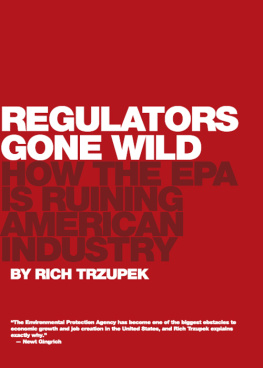
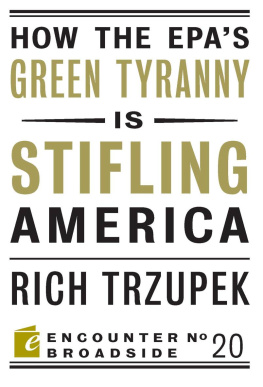
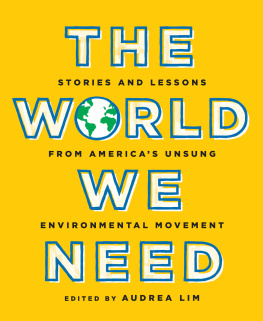

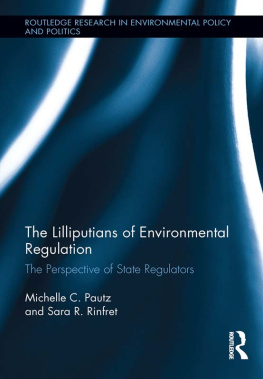
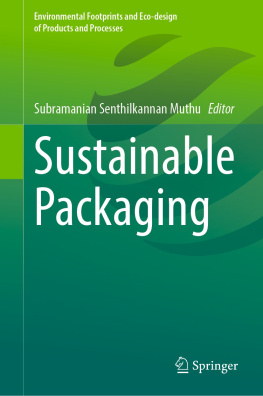
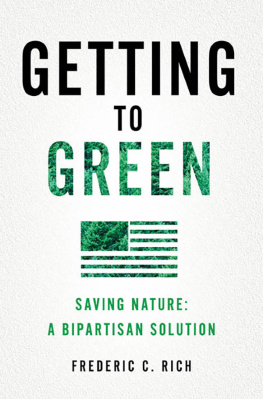
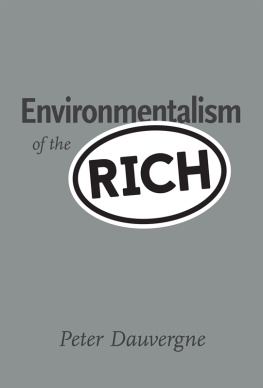
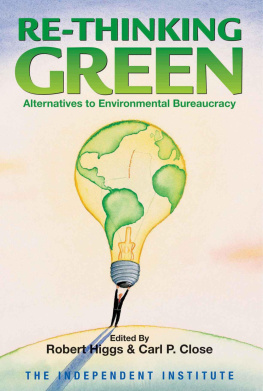


 CONTENTS
CONTENTS
 FOREWORD
FOREWORD